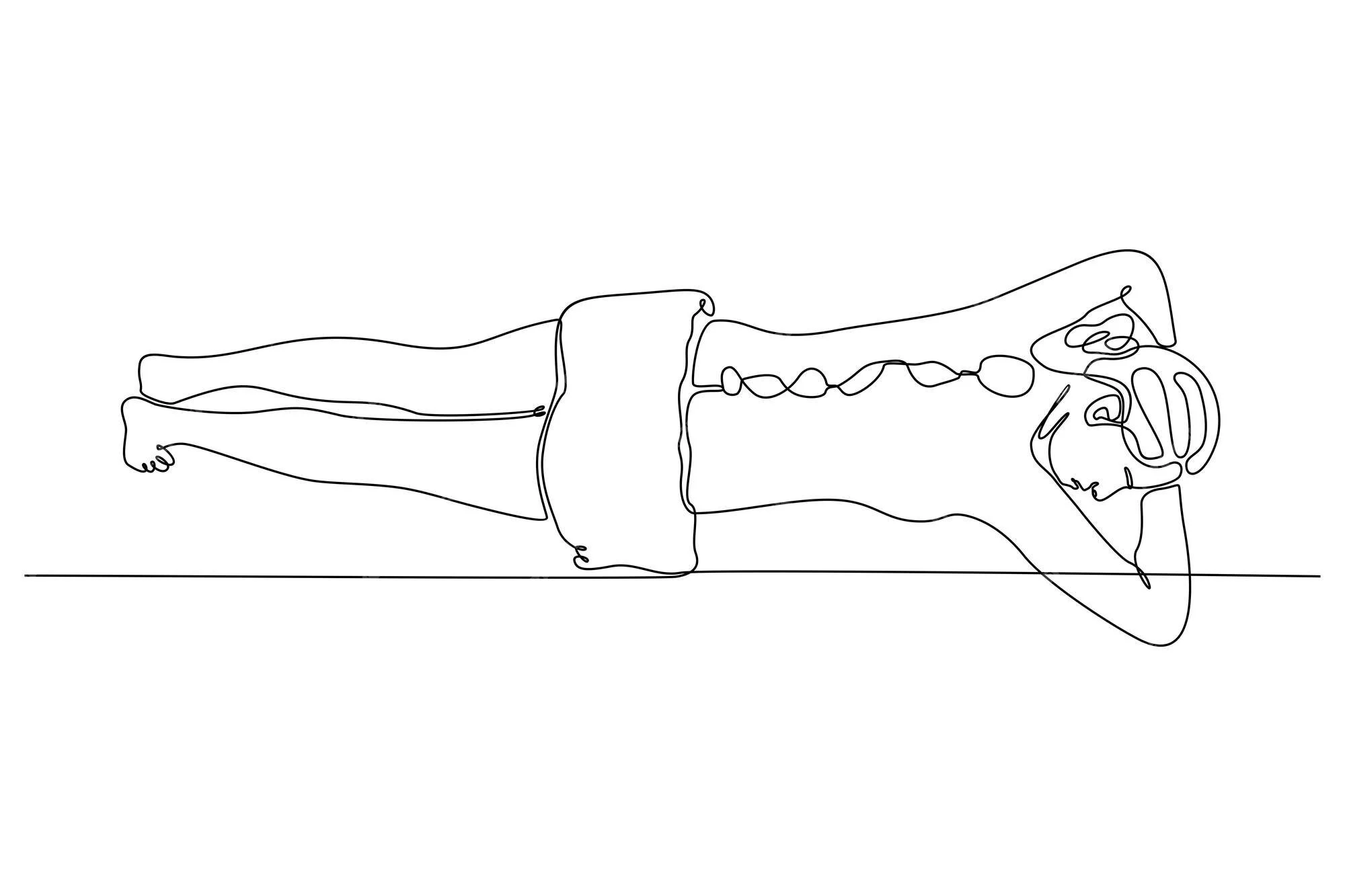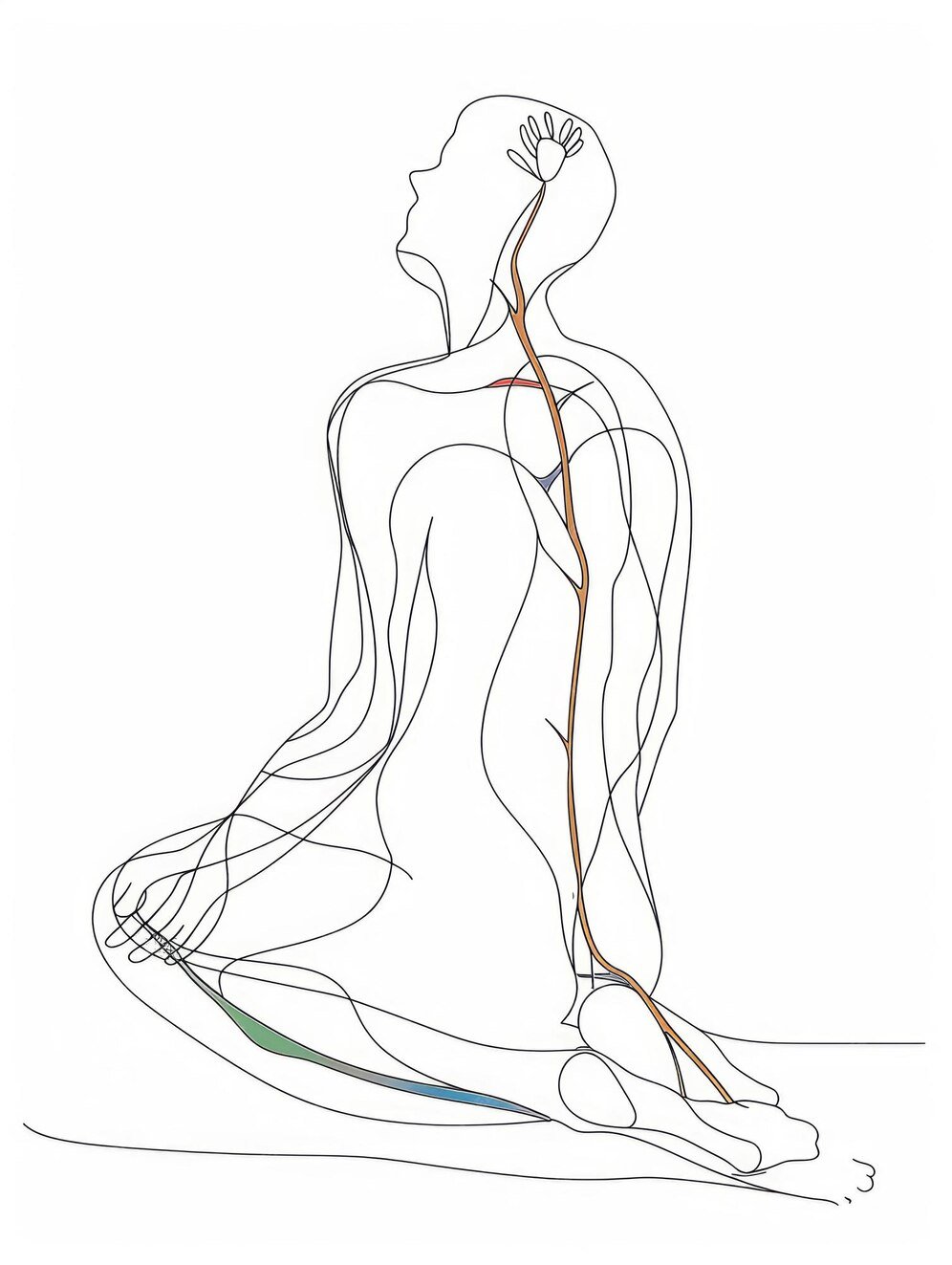
PostPartum Myotherapy
Myotherapy in Postpartum can help address the physical changes as a result of childbirth through massage, myofascial release, and trigger point therapy, aiming to promote recovery and bring the body back into balance.

Cupping Therapy in Sports
As sports science continues to evolve, cupping therapy remains a valuable tool for athletes looking to enhance recovery and maintain optimal performance.

A Bio-Psycho-Social approach
The biopsychosocial approach recognises pain as a complex experience influenced by biological, psychological, and social factors, rather than solely a physical issue. The focus is a holistic, patient-centered approach to treatment.

Polyvagal Theory
Understanding Polyvagal Theory helps us know why we react the way we do and how to help ourselves and others feel safe. It’s a whole mind-body connection.

Parasympathetic Nervous System
Studies show that dry needling can help lower cortisol, the body’s stress hormone, and increase endorphins, which help you feel happy and relaxed. By releasing tight muscles, dry needling decreases muscle tension while increasing blood circulation, allowing more oxygen and nutrients to reach tissues. And since dry needling helps the nervous system shift from fight-or-flight to rest-and-digest, it can lead to better, deeper sleep.

The Deep Front Line
Unlike superficial myofascial lines, the Deep Front Line is responsible for maintaining intrinsic postural support and coordinating deep, subtle movements essential for balance and efficient biomechanics.
